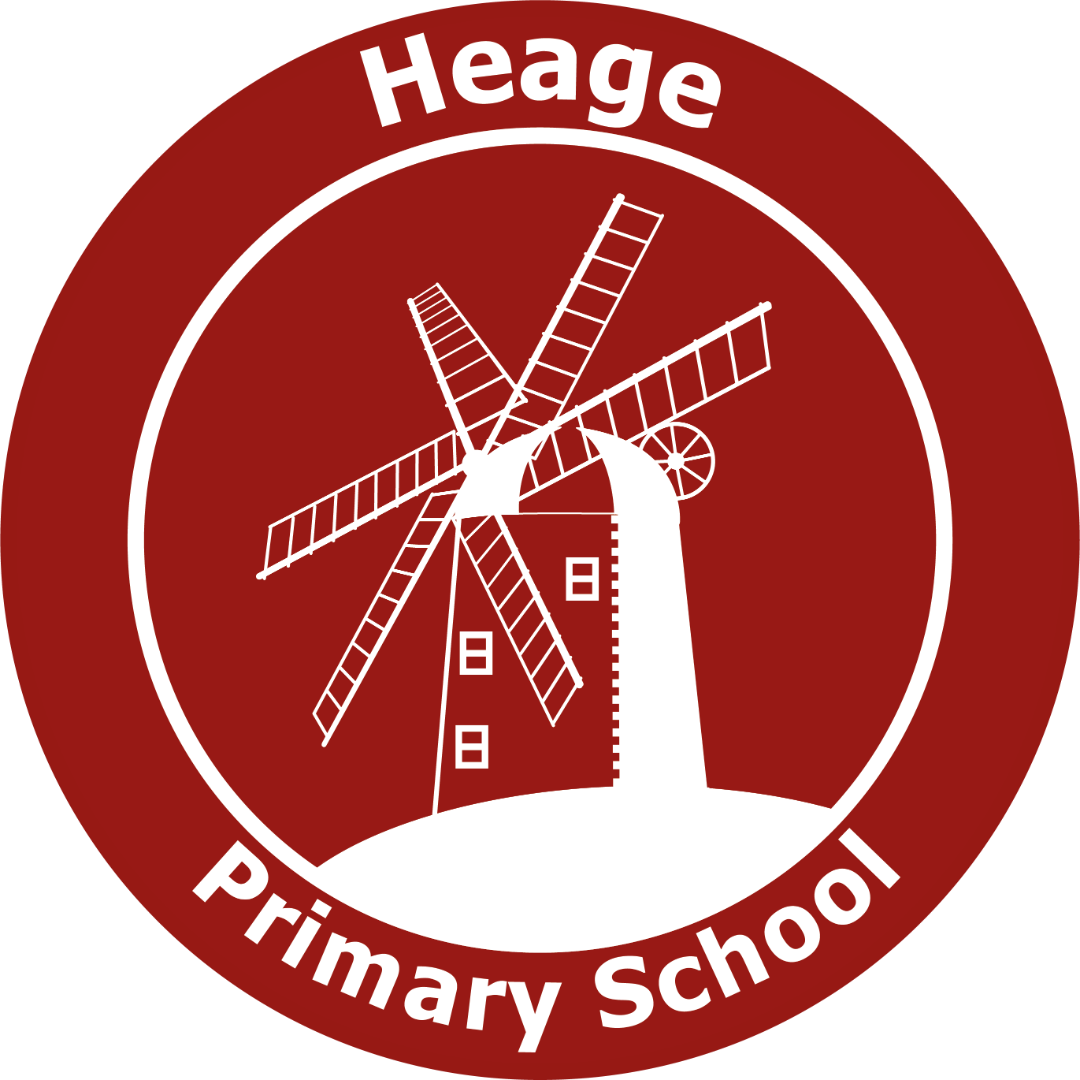Mathematics
Mrs Lindsey Roberts - Maths Lead
Our Mathematics Vision
At Heage Primary we aim to provide our pupils with a curriculum that gives them a positive sense of who they are, and where they belong both within their local community and the wider world.
Heage Primary School believes that mathematics is a key skill in school and a life skill to be utilised through everyday experiences. We aim to provide our pupils with a high-quality maths curriculum that enables them to see themselves as confident mathematicians, preparing them for future challenges in a rapidly-changing world. Through the belief that all pupils are capable of learning mathematics, we enable our children to be independent thinkers who are able to transfer their learning into the real-world, providing a firm foundation for understanding how maths is used in everyday life and activities, developing pupils’ ability to reason mathematically.
At Heage Primary School, we teach maths through a mastery approach, allowing pupils to have a rich diet of fluency, reasoning and problem-solving activities, alongside a range of concrete and pictorial resources. We encourage collaborative learning in a supportive and nurturing environment, where pupils develop an understanding that there are several ways to reach a solution. This helps our children develop our core values of kindness, respect, resilience, compassion, honesty and teamwork.
